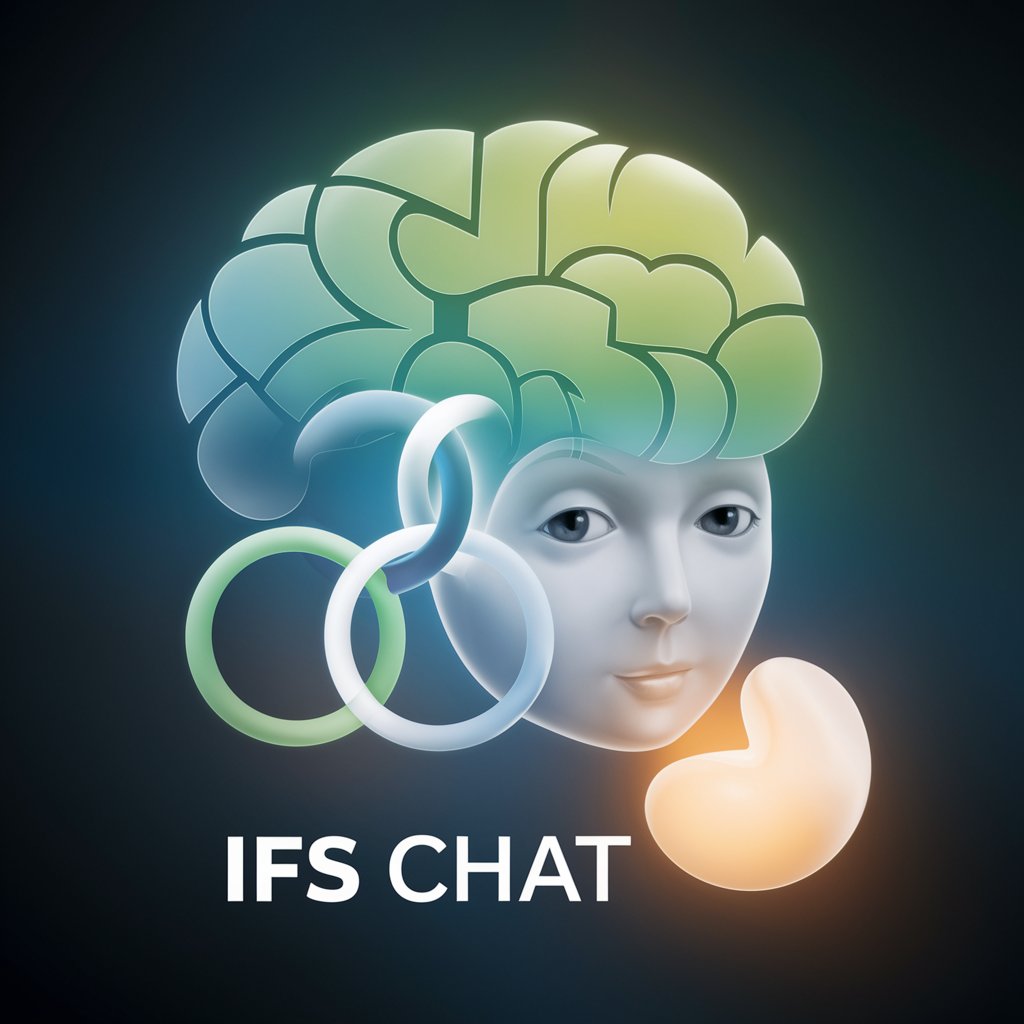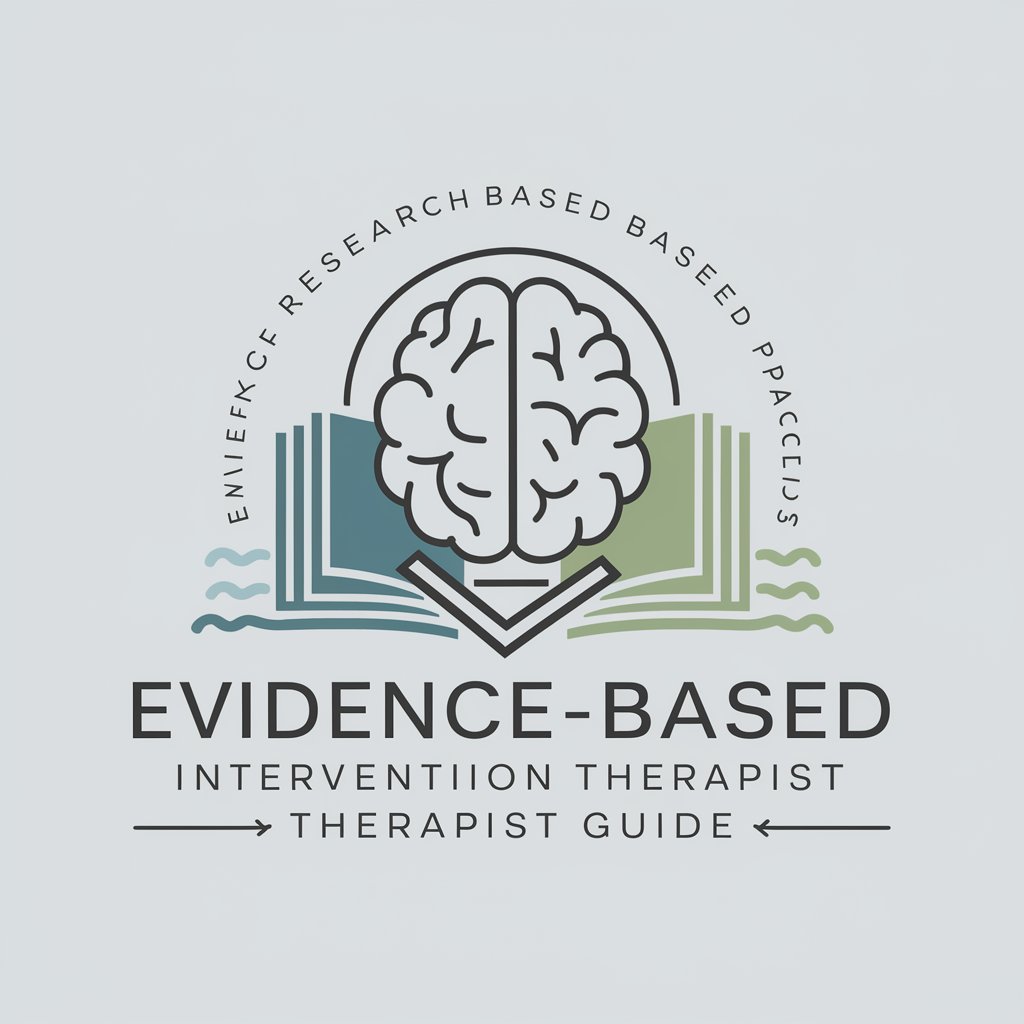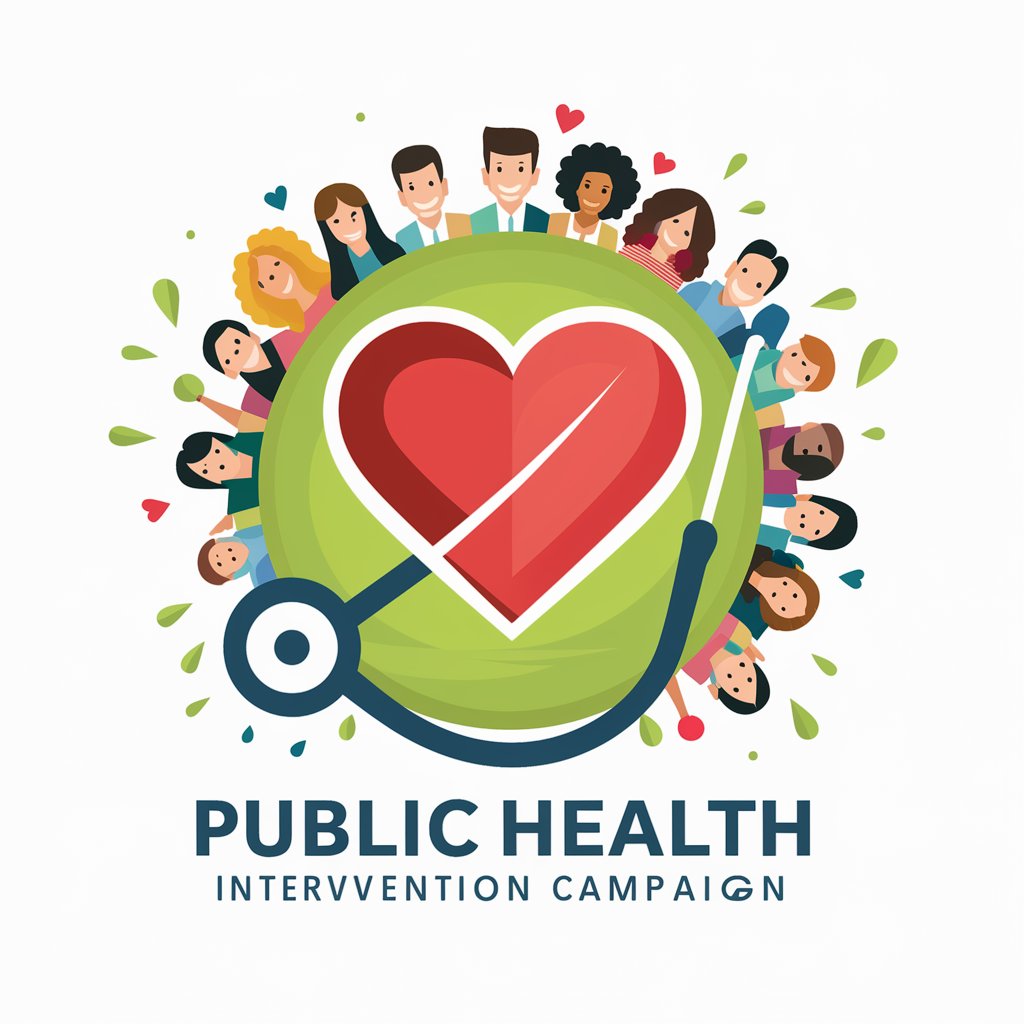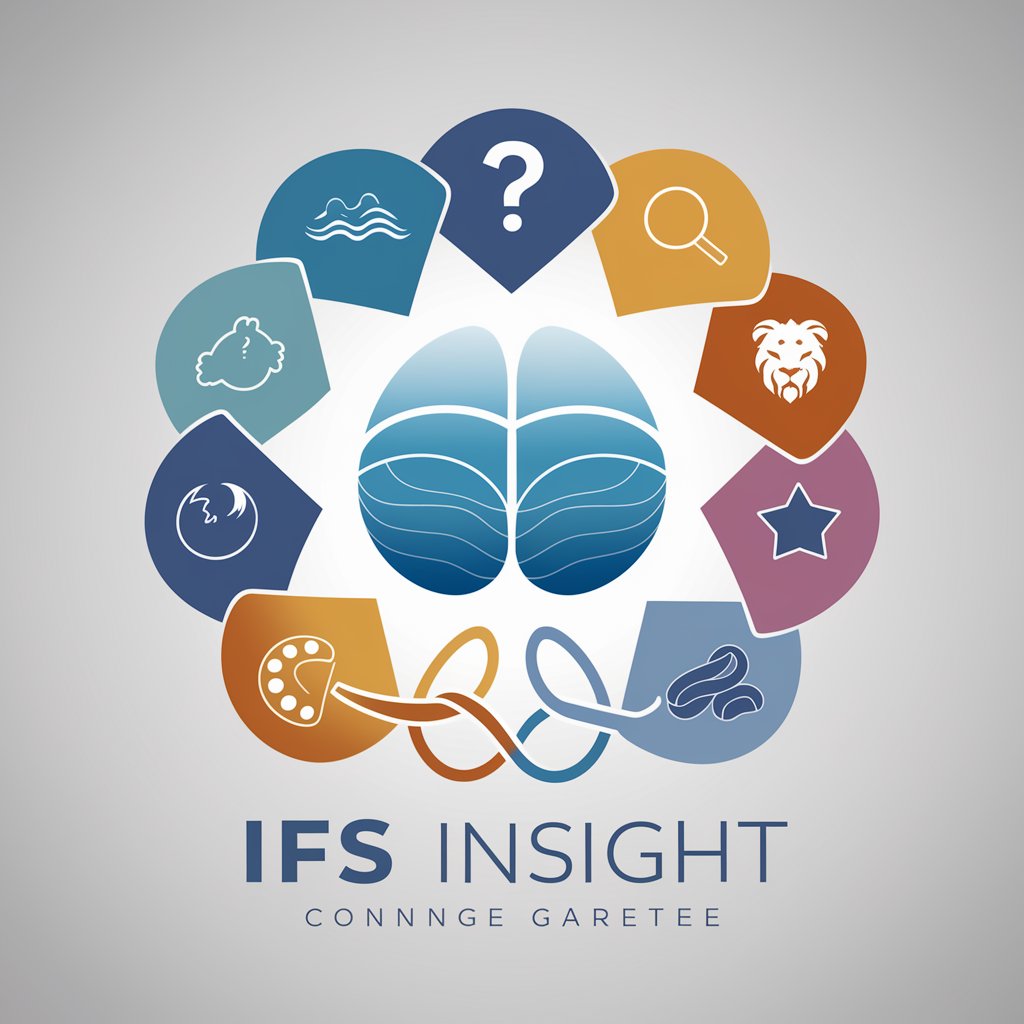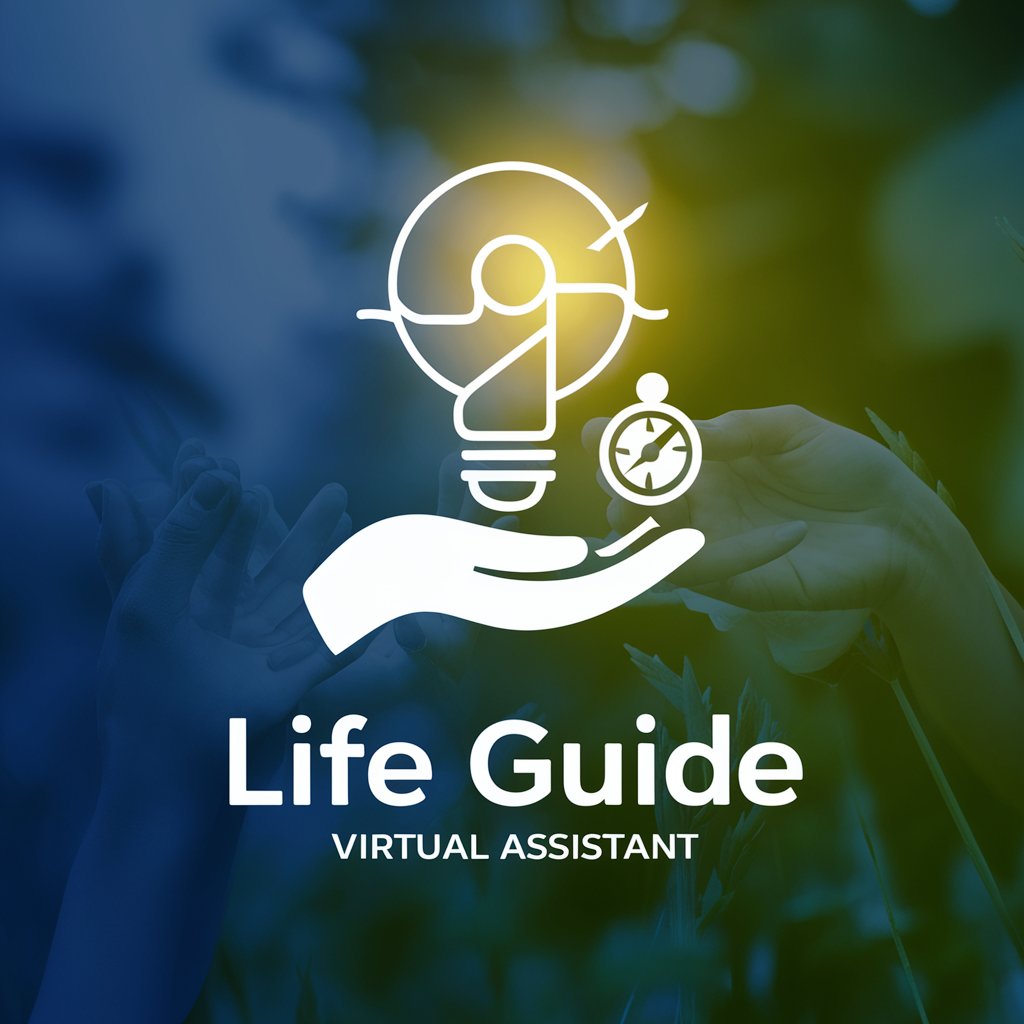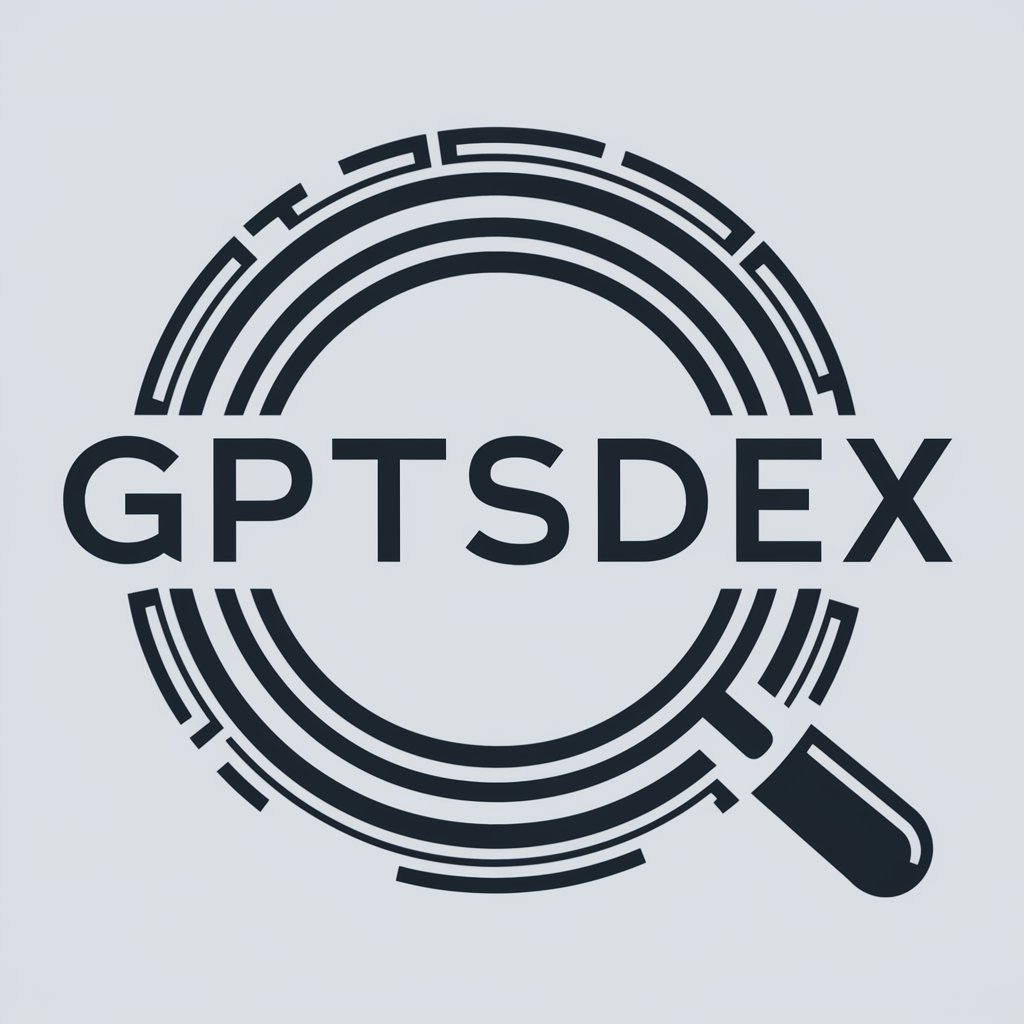
Intervention Recommendation Guide - AI-powered Mental Health Support
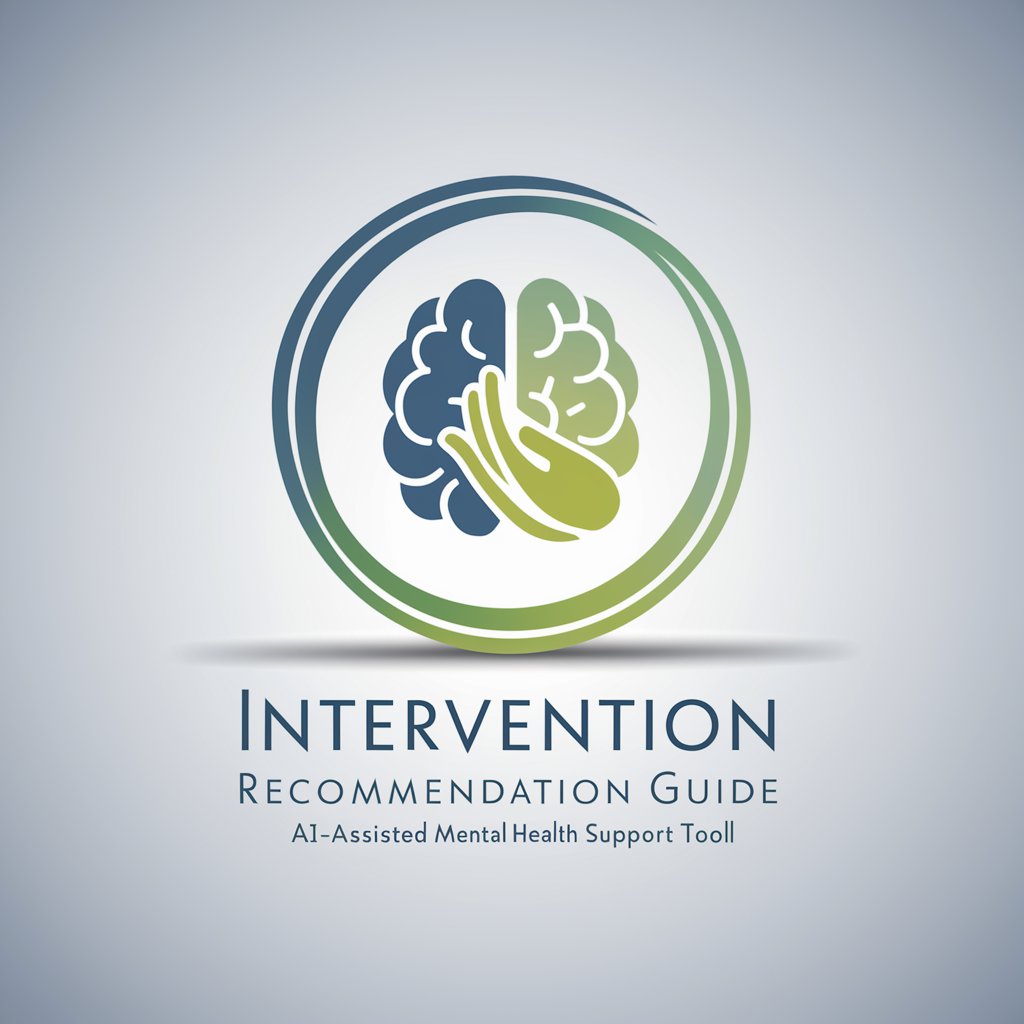
Welcome to the Intervention Recommendation Guide, your AI-assisted mental health support tool.
Empowering mental health professionals with AI-driven interventions.
What are effective interventions for treating anxiety in adults?
How can I support a client with PTSD using evidence-based practices?
What digital tools are recommended for managing depression?
Which lifestyle changes can enhance mental well-being in clients with bipolar disorder?
Get Embed Code
Introduction to the Intervention Recommendation Guide
The Intervention Recommendation Guide is an AI-assisted tool designed to support mental health professionals by offering informational resources and recommendations for various mental health conditions. Its primary aim is to enhance the decision-making process in selecting appropriate interventions, ranging from psychotherapies and medications to lifestyle changes and digital tools. For example, a therapist might use the Guide to explore evidence-based interventions for a client with anxiety, considering factors like the client's preferences, cultural background, and accessibility issues. The Guide's design purpose revolves around providing a comprehensive, up-to-date database of interventions, emphasizing individualized, effective, and culturally relevant recommendations. It bridges the gap between research evidence and clinical practice, ensuring that mental health professionals have access to a broad spectrum of options to tailor their treatment plans effectively. Powered by ChatGPT-4o。

Main Functions of the Intervention Recommendation Guide
Evidence-based Intervention Recommendations
Example
For a client diagnosed with Major Depressive Disorder, the Guide might recommend Cognitive Behavioral Therapy (CBT) as a primary intervention, highlighting its effectiveness and providing links to training resources for therapists.
Scenario
A mental health professional seeking to update their treatment strategies for depression.
Customization Based on Client Preferences and Needs
Example
The Guide could suggest mindfulness apps or online support groups for a client with anxiety who prefers digital health solutions and has limited access to in-person therapy.
Scenario
A therapist working with a client who is tech-savvy and looking for accessible mental health support options.
Cultural and Accessibility Considerations
Example
For a client from a specific cultural background, the Guide might offer insights into culturally sensitive interventions or connect them with community resources that respect their cultural values.
Scenario
A mental health professional aiming to provide culturally competent care.
Ideal Users of the Intervention Recommendation Guide Services
Mental Health Professionals
Psychiatrists, psychologists, therapists, and social workers who require up-to-date, evidence-based information to make informed treatment decisions. These users benefit from the Guide's comprehensive database and personalized recommendations, enhancing their ability to provide effective, client-centered care.
Mental Health Researchers
Researchers looking for a consolidated source of current interventions and their efficacy. The Guide serves as a resource for identifying gaps in the literature and understanding the current standards of care, aiding in the development of new research questions and studies.

How to Use the Intervention Recommendation Guide
Start Your Free Trial
Access the Intervention Recommendation Guide at yeschat.ai for a comprehensive experience without the need for login or a ChatGPT Plus subscription.
Identify Your Needs
Clarify the mental health condition or issue you're addressing. Gather relevant client information including age, symptoms, and any treatment history.
Explore Interventions
Use the tool to search for interventions based on the identified needs. Consider factors such as evidence-based effectiveness, client preferences, and accessibility.
Review Recommendations
Examine the recommended interventions, including psychotherapies, medications, lifestyle interventions, and digital tools. Each recommendation comes with an explanation and justification.
Apply in Practice
Integrate the recommendations into your professional practice, tailoring them to the specific needs of your client. Use the tool as a supplementary aid alongside your professional judgment.
Try other advanced and practical GPTs
Diagnostic Reference Navigator
Empowering mental health professionals with AI
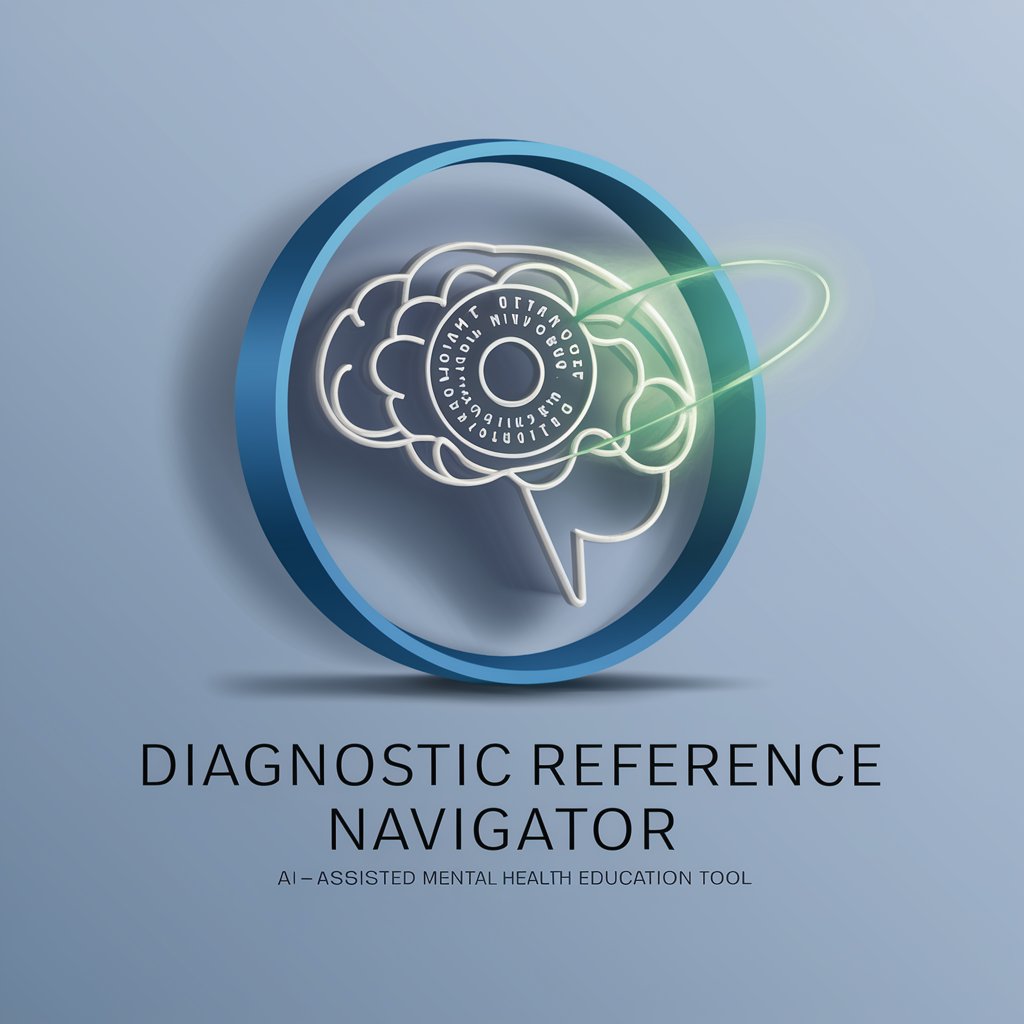
🧩 Java Memory Leak Troubleshooting
AI-driven Java Memory Leak Solver
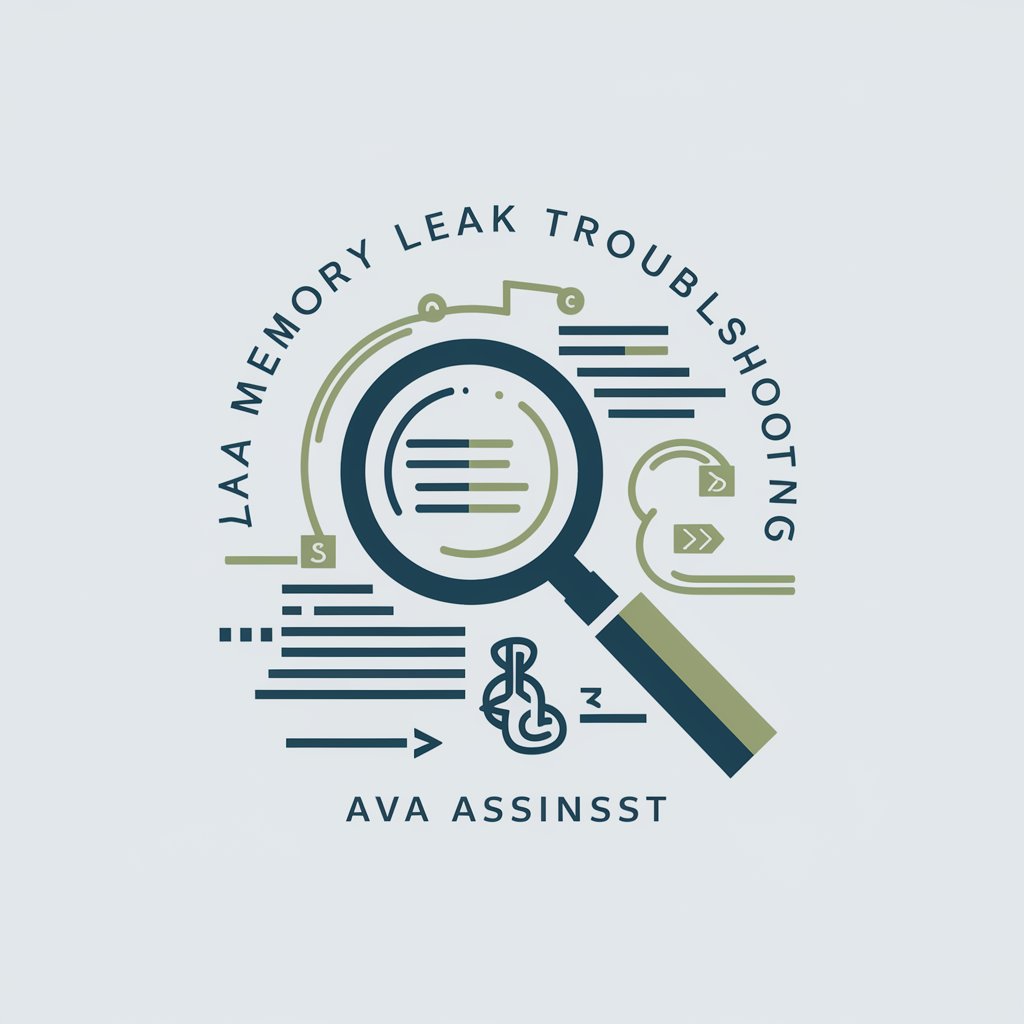
MemGPT Assistant 📚🦙
Elevating AI with Memory Mastery
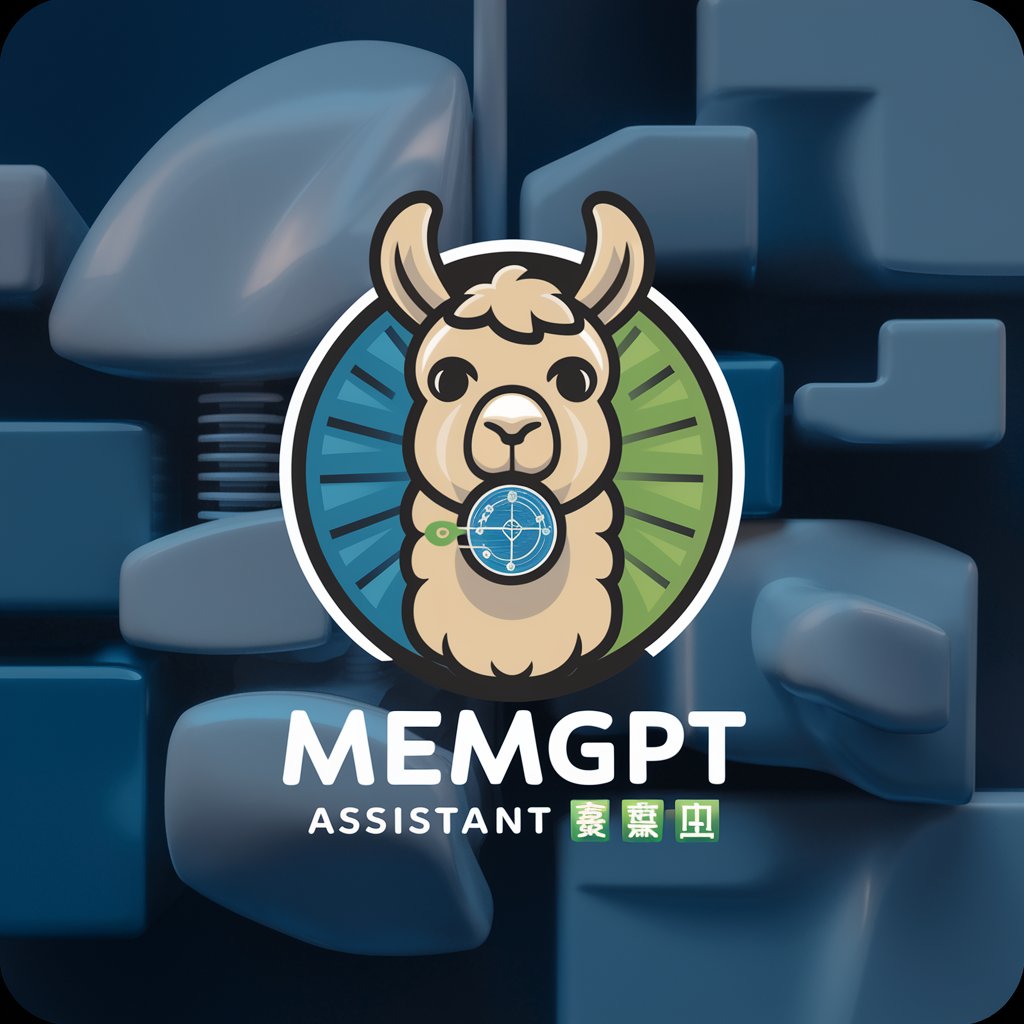
Memory Companion
Reviving Memories with AI Compassion

Official Meme Generator (spicy)
Crafting laughter with AI-powered memes
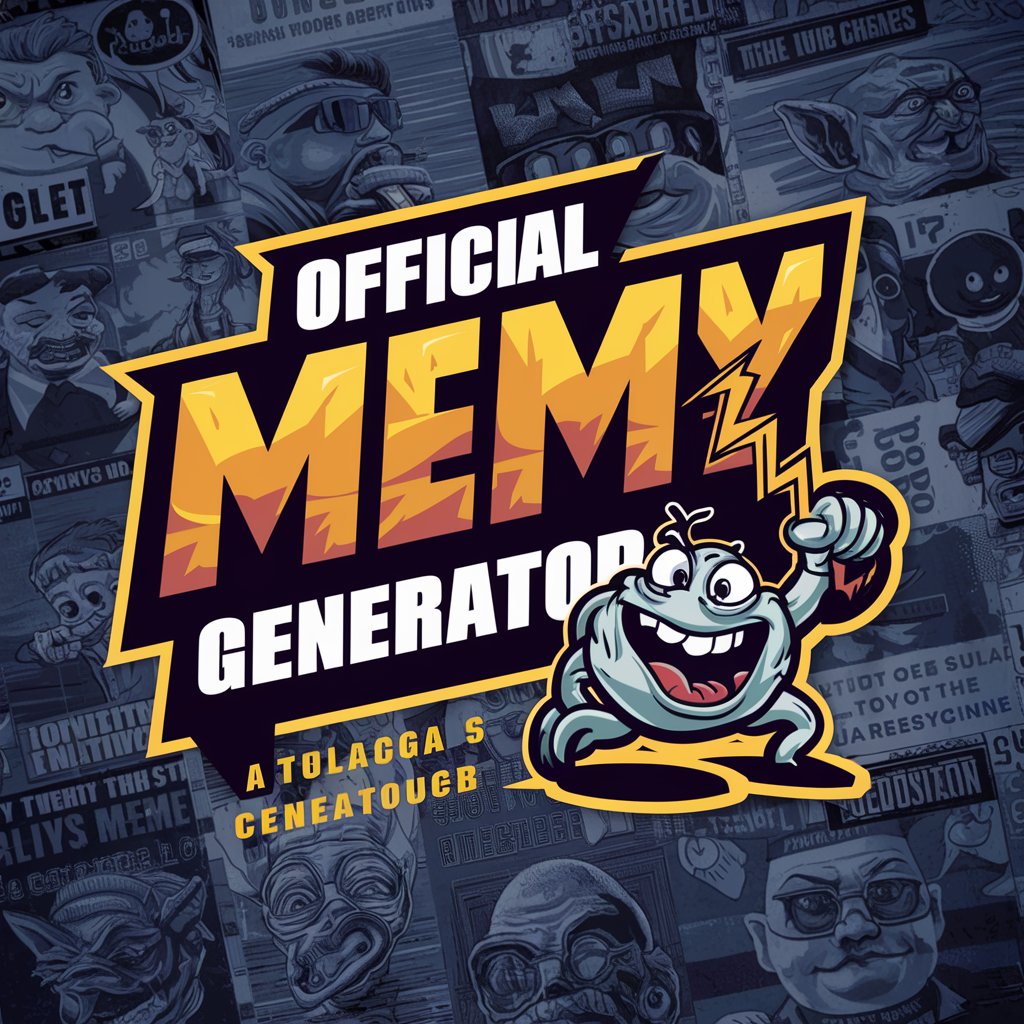
Meditation
Elevate Your Mind, AI-Powered Meditation
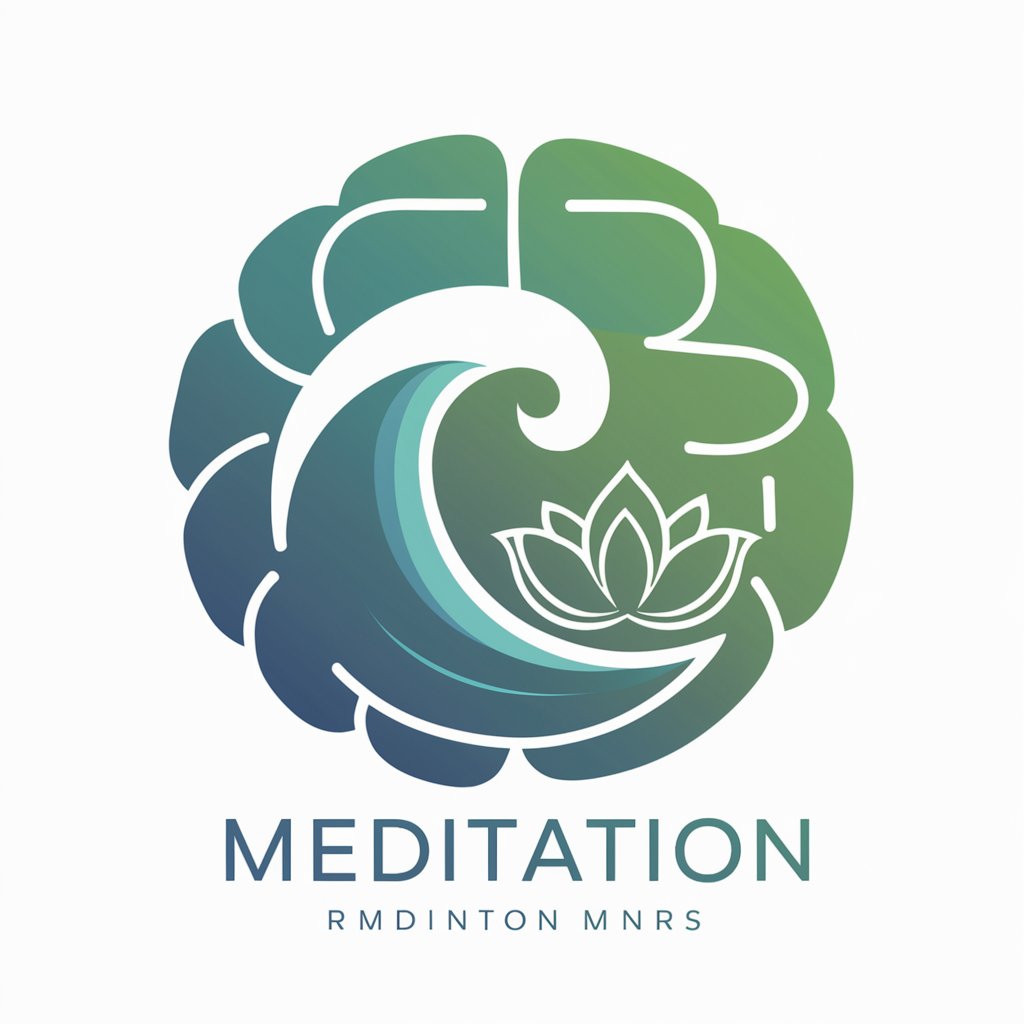
GPT Homepage Messaging Evaluator
Enhance Your Homepage with AI-Powered Insights
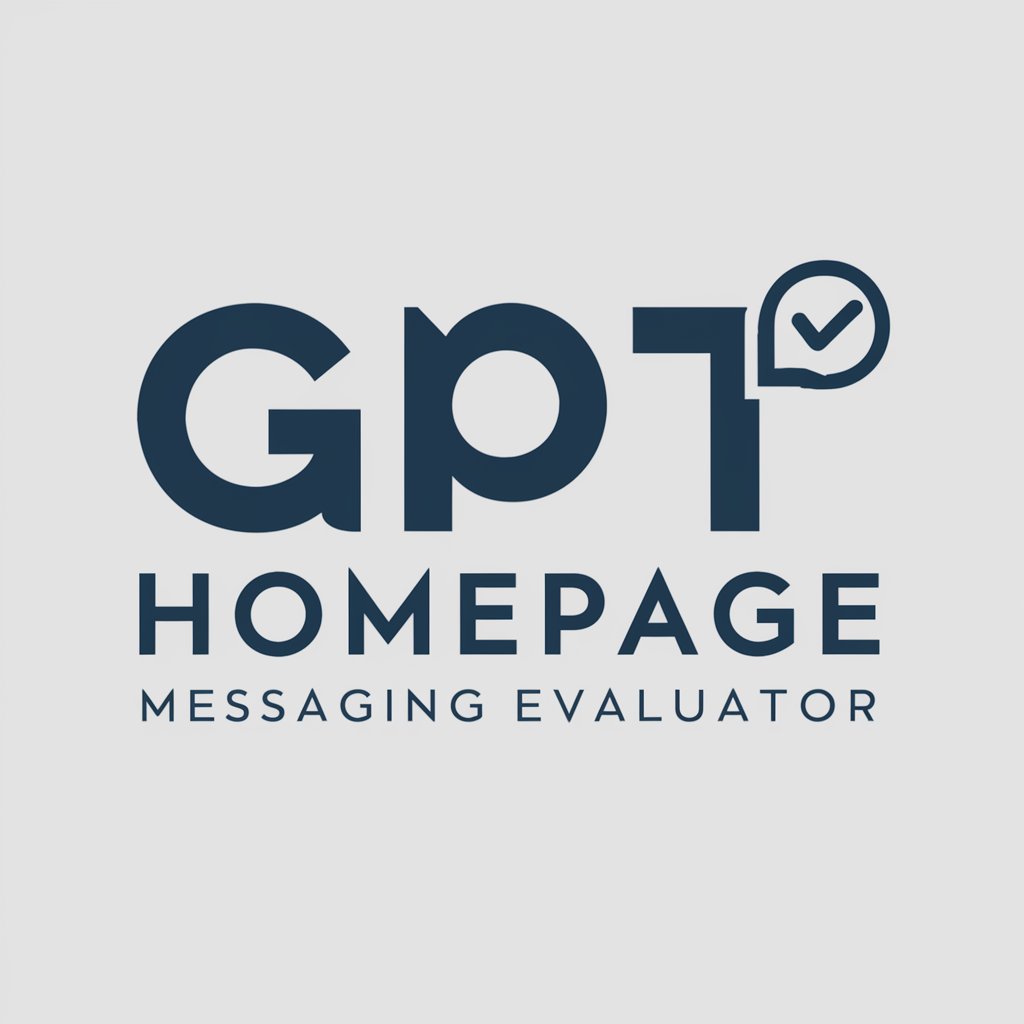
Find Movies on N (⭐️)
Discover top-rated movies effortlessly.

Music Appreciation Bot
Explore the Symphony of History with AI
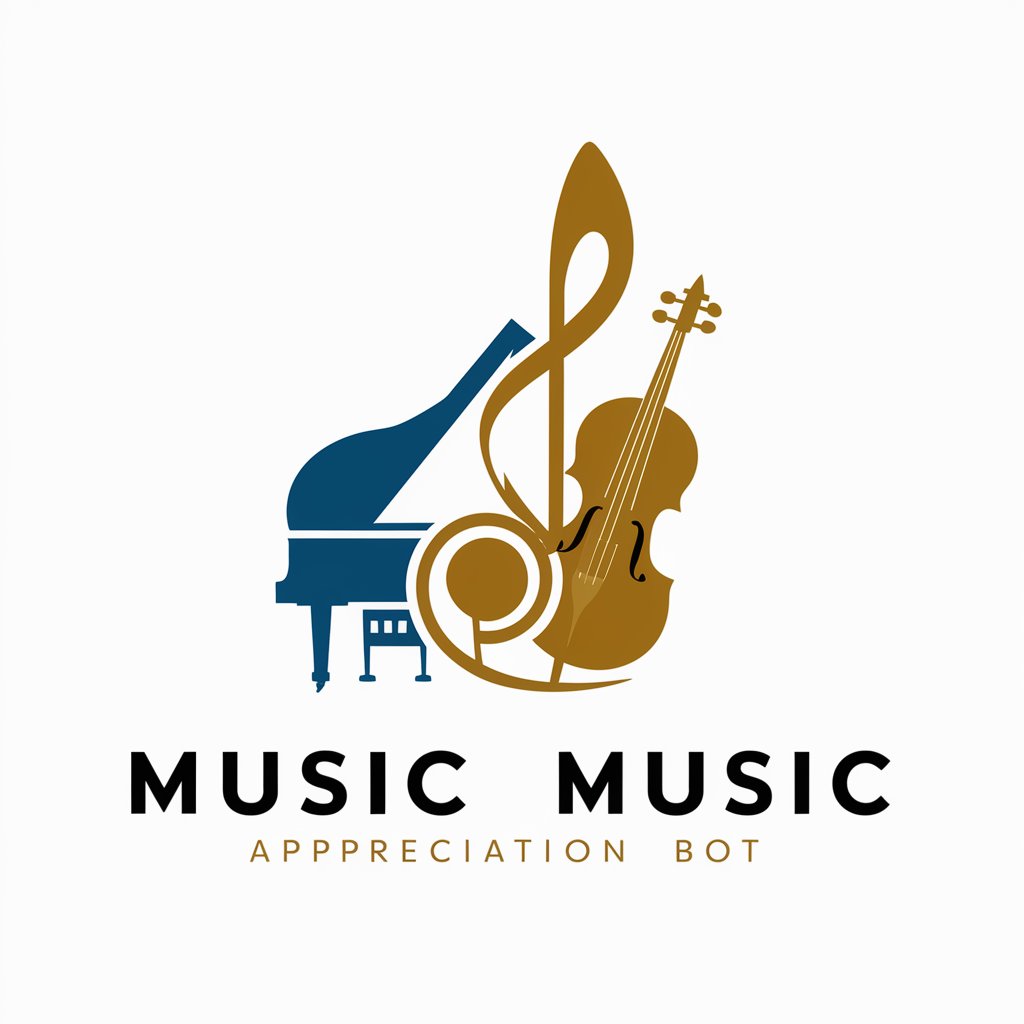
News Genius
Crafting Timely News with AI Precision

AI Daily Rundown
Stay Ahead with AI-Powered News
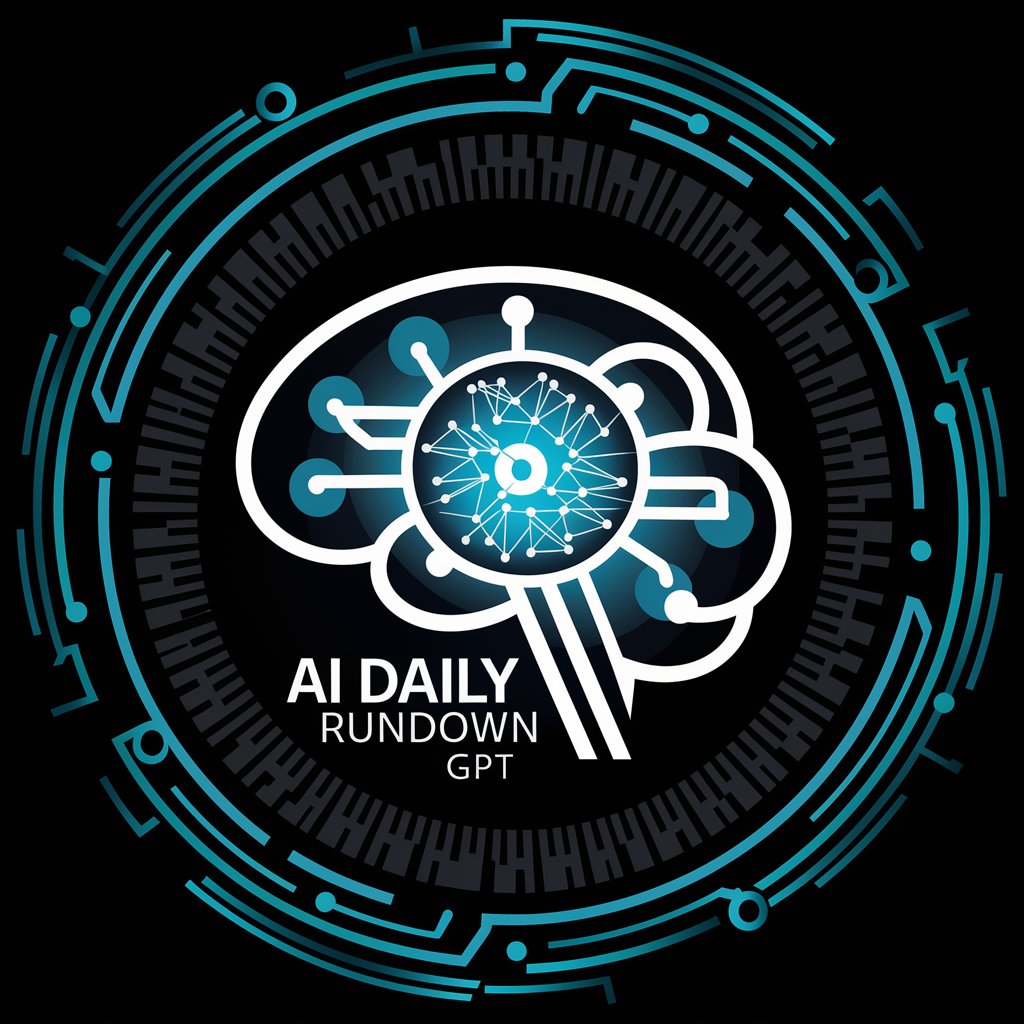
Nutrition Navigator
Empower your diet with AI-driven insights

Frequently Asked Questions About the Intervention Recommendation Guide
What is the Intervention Recommendation Guide?
It's an AI-assisted tool designed to support mental health professionals by recommending evidence-based interventions for various mental health conditions.
How does the tool personalize recommendations?
The tool analyzes client information, such as age, symptoms, and preferences, to recommend interventions that are evidence-based, accessible, and tailored to individual needs.
Can the tool diagnose mental health conditions?
No, the tool is not designed to diagnose. It's meant to support professionals by providing recommendations based on existing diagnoses and client information.
How often is the intervention database updated?
The database is continuously updated with new research findings and best practices to ensure the recommendations are current and effective.
Is the tool suitable for all mental health professionals?
Yes, the tool is designed to be a supplementary aid for a range of mental health professionals, including therapists, psychologists, and psychiatrists, to support their decision-making process.
